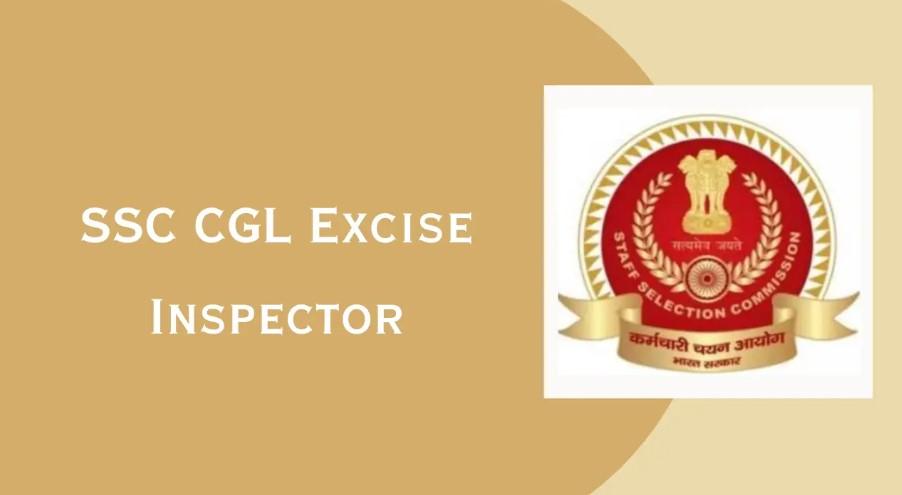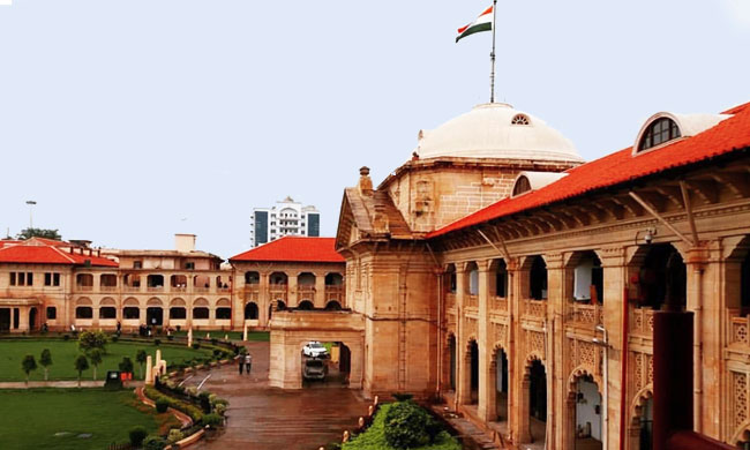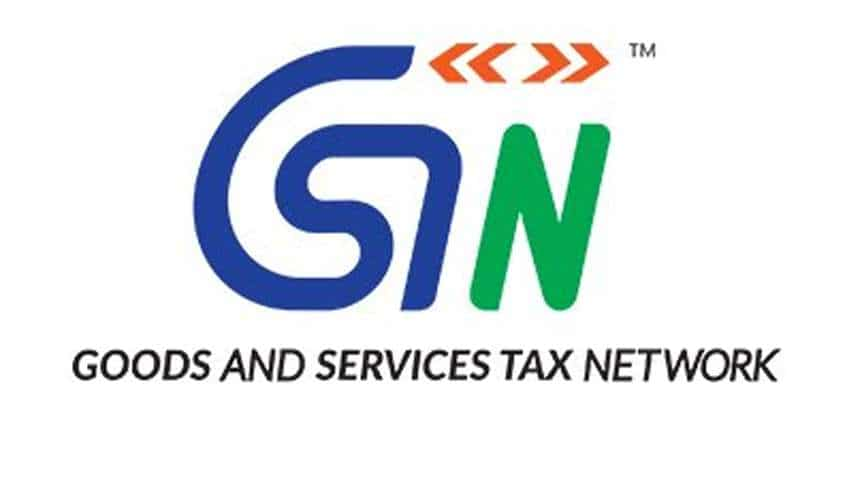Hoteliers have urged the Central and the State governments to reduce the Goods and Services Tax (GST) on liquefied petroleum gas (LPG) cylinders for stand-alone restaurants. They say that unless GST, which is charged at 18% for refills, is brought down they would have no option but to increase the prices of food items.
Like the prices of domestic LPG cylinders, commercial LPG prices too went up. Between December last year and March this year, the price of a 19 kg commercial cylinder went up by over ₹300 each. In March, a single 19 kg cylinder was ₹1,730.50, whereas in February, the same was priced at ₹1,634.50. The price of the unit was only ₹1446.50 in December 2020.
“An average restaurant with a footfall of 600 persons a day will require five cylinders a day. The government charges GST of 18% for cylinders in star category hotels too but they have input credit, which we do not have. The least the government can do is reduce GST rates for restaurants,” said M. Venkadasubbu, president, Tamil Nadu Hotels’ Association.
With patronage yet to return to pre-COVID-19 levels and the numbers remaining below 70%, hoteliers said increasing prices would not be an easy option. “In many cases, around 20% of sales depend on online aggregators, meaning we have to give them a portion of the earnings. Such customers keep looking for offers and go for these,” another hotelier said.
Already, a section of tea shops have increased the price of tea by ₹2 a cup. “We are caught between the devil and the deep sea. If we increase prices, the number of customers will decrease. These few tea shops have made the increase without any other option. Prices of tea and coffee powder has also gone up. Private milk brands too have hiked rates,” said E. Sundaram, who runs a tea shop in the city.
With petrol and diesel prices going up, the cost of input materials, including cooking oils, dal, tea and coffee powder and coconuts, have also increased. “Those who cannot afford to buy commercial LPG are now switching over to kerosene or wood-fired stoves. Such high prices will also lead to diversion of domestic cylinders. Already in the western suburbs, families are using LPG for over 80 days by using wood and selling their spare cylinders to small eateries,” consumer activist T. Sadagopan said.














